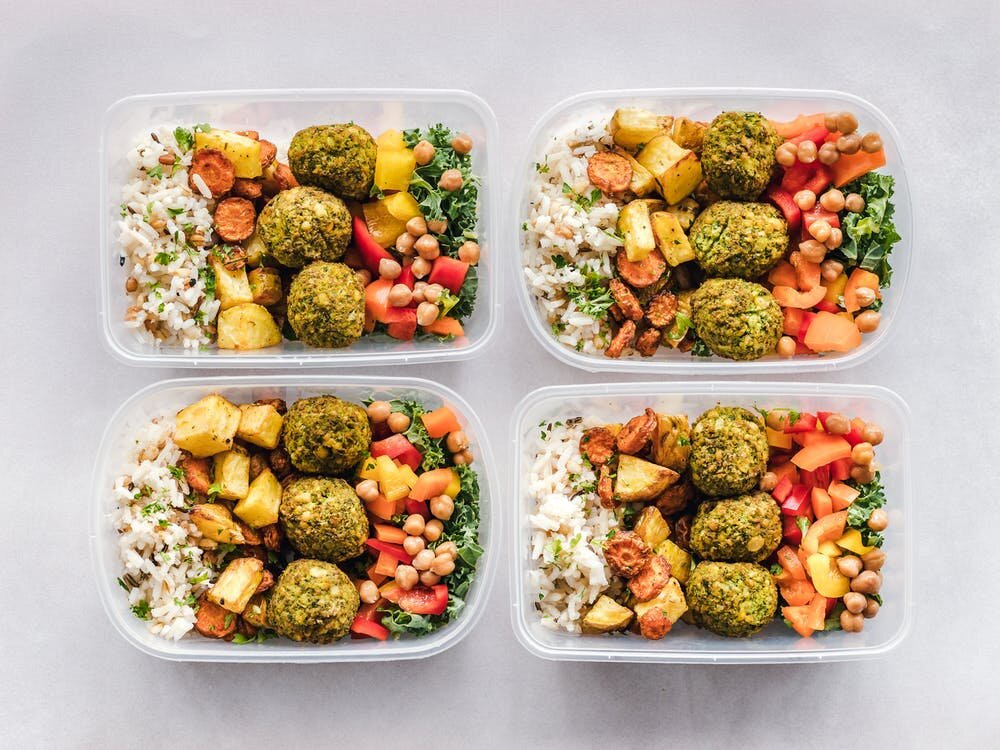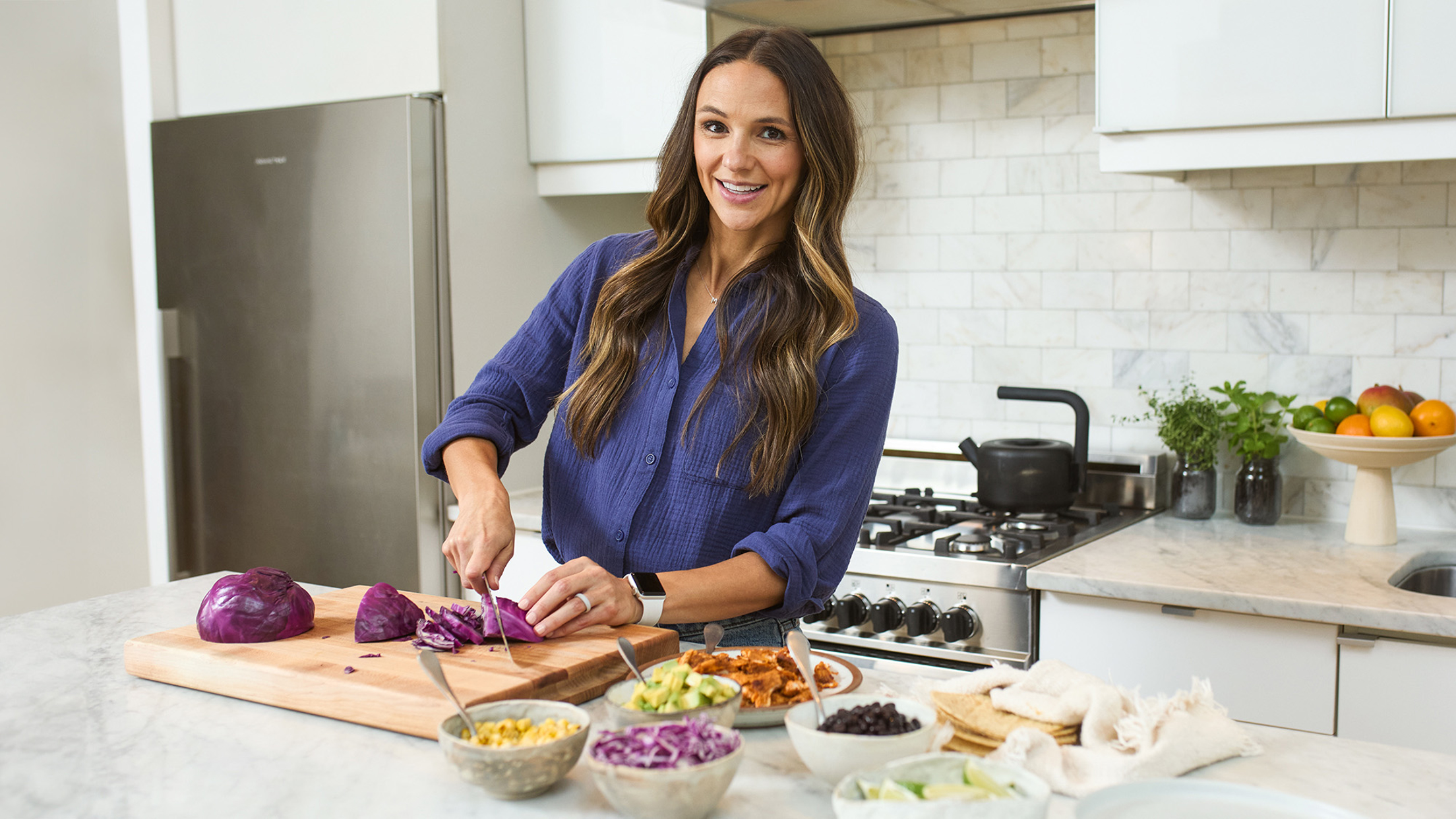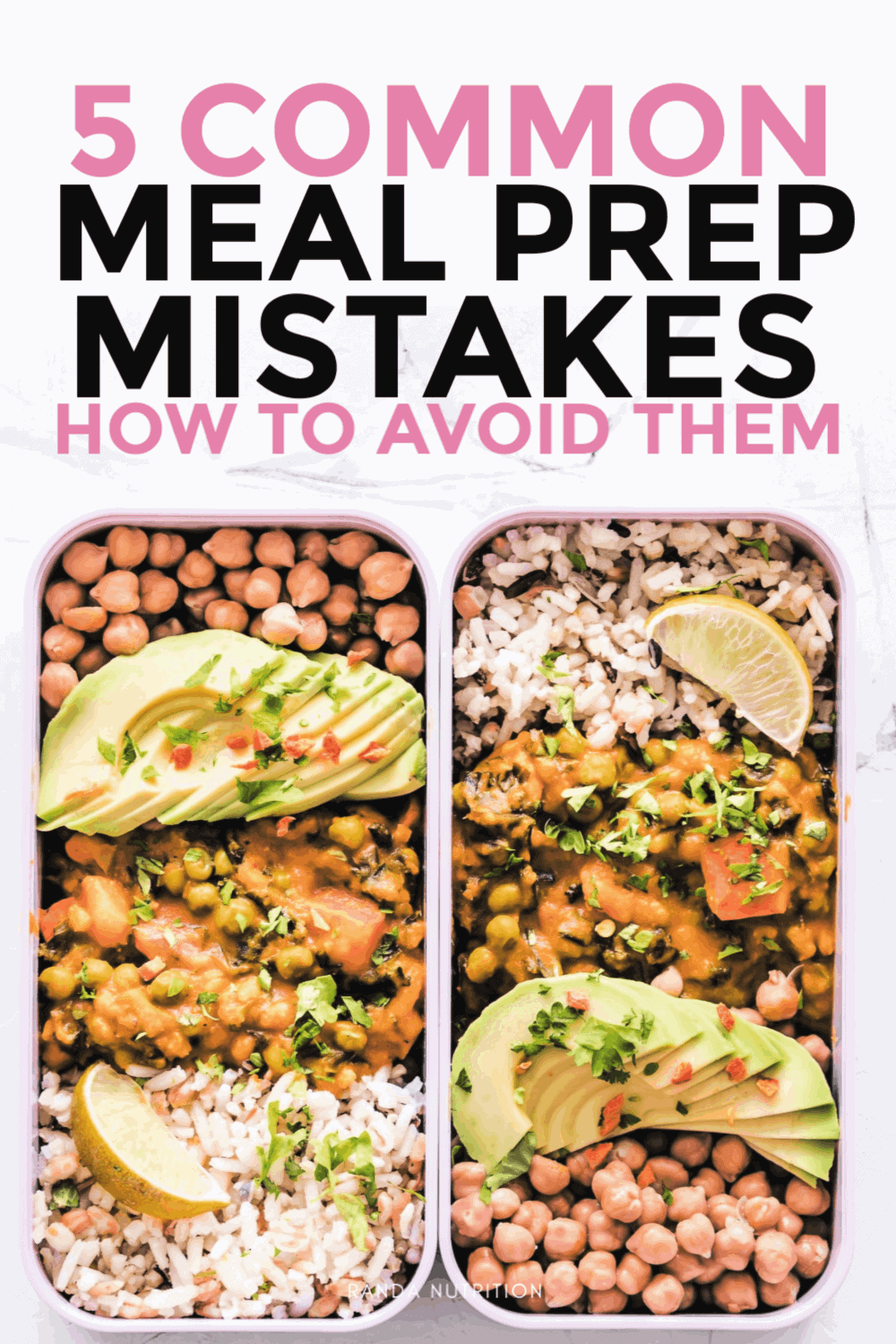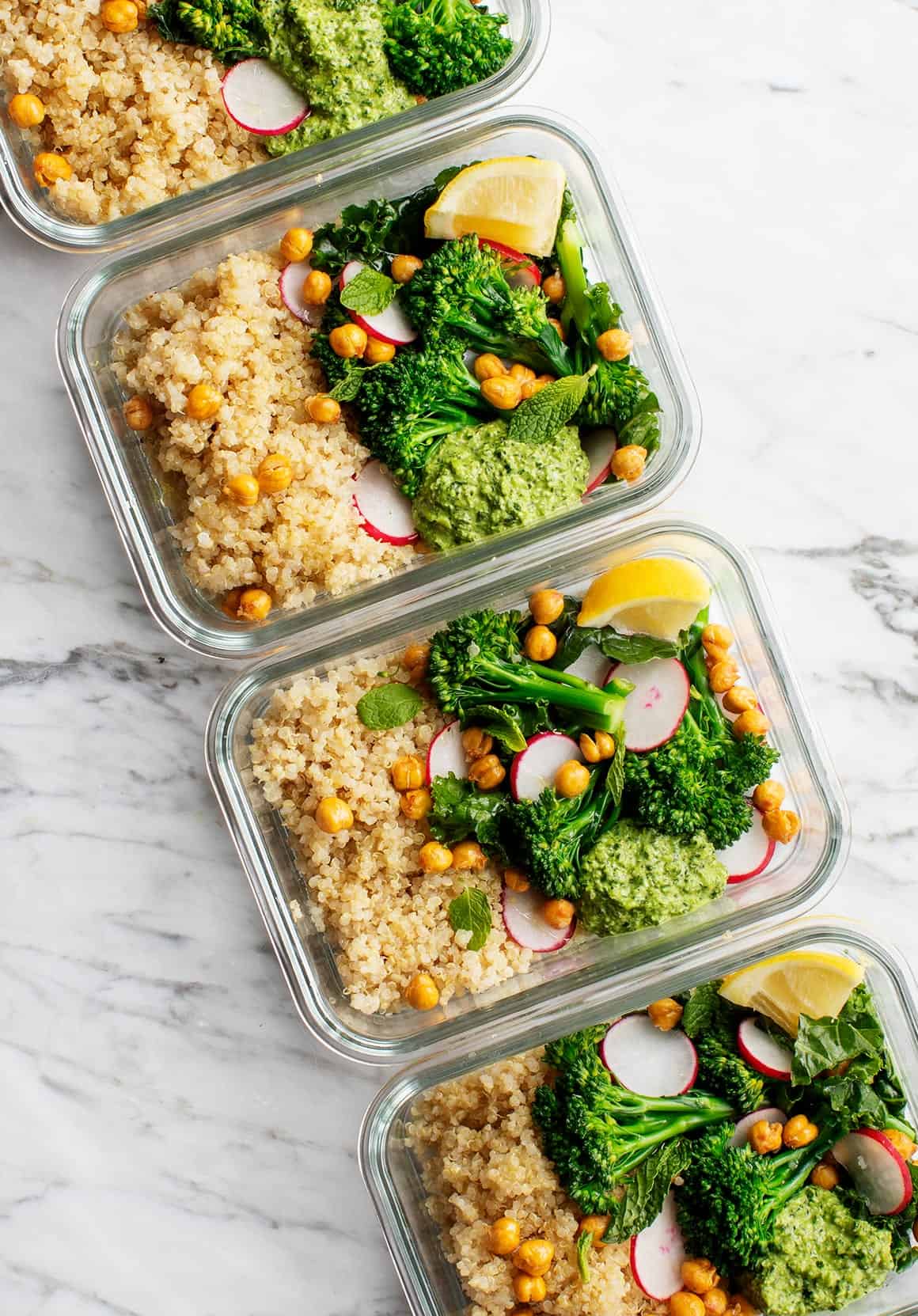How to Prepare Healthy Meals for the Week

How to Prepare Healthy Meals for the Week: A Guide for Middle-Aged Adults
Meal prepping is a powerful strategy to maintain a healthy diet, save time, and reduce stress during busy weeks. For middle-aged individuals aged 40-55 in the United States, balancing nutrition, convenience, and variety is key. This article provides practical tips and insights tailored to your lifestyle, helping you prepare nutritious meals efficiently.

Why Meal Prep Matters
Middle-aged adults often juggle work, family responsibilities, and personal goals. Meal prepping offers several benefits:
-
Time Savings: Prepping meals ahead reduces daily cooking time.
-
Healthier Choices: Planning ensures balanced meals with proper nutrients.
-
Cost Efficiency: Buying ingredients in bulk and avoiding takeout saves money.
-
Stress Reduction: Knowing your meals are ready can ease decision fatigue.

Step-by-Step Guide to Weekly Meal Prep

1. Plan Your Menu
Start by planning meals for the week. Include breakfast, lunch, dinner, and snacks. Aim for variety to keep meals exciting:
-
Breakfast Ideas: Overnight oats with fruit, egg muffins with veggies.
-
Lunch Options: Mason jar salads, quinoa bowls, wraps.
-
Dinner Choices: Sheet pan chicken with roasted veggies, slow-cooker soups.
-
Snacks: Roasted nuts, chopped veggies with hummus, yogurt with berries .4 .5 .13.

2. Make a Grocery List
Write down all ingredients needed for your menu. Focus on whole foods like:
-
Vegetables (e.g., spinach, broccoli, carrots).
-
Fruits (e.g., berries, apples).
-
Whole grains (e.g., brown rice, quinoa).
-
Lean proteins (e.g., chicken, fish, tofu).

3. Batch Cooking
Dedicate a day (e.g., Sunday) to cook in bulk:
-
Prepare proteins like grilled chicken or baked tofu.
-
Cook grains such as brown rice or farro.
-
Roast vegetables for easy sides.

4. Portion Meals
Divide food into individual containers for easy grab-and-go options. Use compartmentalized containers to separate components like proteins and veggies .9.

5. Store Properly
Store meals in airtight containers in the fridge or freezer:

Healthy Eating Tips for Middle-Aged Adults
:max_bytes(150000):strip_icc()/ew-flat-belly-mp-sweet-potato-kale-recipe-960-ded849bdde8b4f798c01b37899cc69ea.jpg)
Focus on Nutrient-Dense Foods
Middle-aged adults need specific nutrients to support energy levels and overall health:
-
Protein: Helps maintain muscle mass. Include lean meats, fish, eggs, beans, and nuts .2 .3.
-
Fiber: Supports digestion and heart health. Incorporate whole grains and vegetables .6.
-
Calcium & Vitamin D: Essential for bone health. Consume dairy products or fortified alternatives .2 .3.
-
Antioxidants: Found in colorful fruits and vegetables; they combat aging effects .12.

Limit Processed Foods
Reduce intake of added sugars, sodium, and unhealthy fats by choosing minimally processed foods .1 .12.

Common Meal Prep Mistakes to Avoid

1. Lack of Variety
Eating the same meal daily can lead to boredom. Rotate recipes weekly or vary sides and seasonings .9.

2. Overcomplicating Recipes
Stick to simple recipes that require minimal prep time and ingredients .6.

3. Improper Storage
Ensure food stays fresh by using quality containers and storing sauces separately until serving .9.
Sample Weekly Meal Plan
Here’s a balanced weekly meal plan tailored for middle-aged adults:
| Day | Breakfast | Lunch | Dinner | Snack |
|---|---|---|---|---|
| Monday | Greek yogurt with berries | Mason jar salad | Sheet pan chicken & veggies | Almonds & apple slices |
| Tuesday | Veggie omelet | Quinoa bowl with roasted veggies | Slow-cooker lentil soup | Hummus & carrot sticks |
| Wednesday | Overnight oats with chia seeds | Mediterranean chickpea salad | Grilled salmon with brown rice | Yogurt with granola |
| Thursday | Smoothie (spinach + banana) | Buffalo chicken wrap | Stir-fried tofu & broccoli | Roasted nuts |
| Friday | Cottage cheese & strawberries |
|







